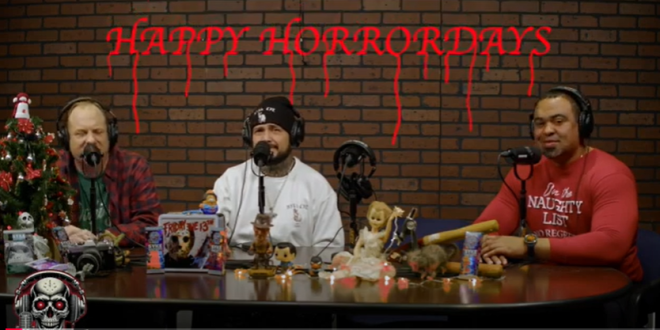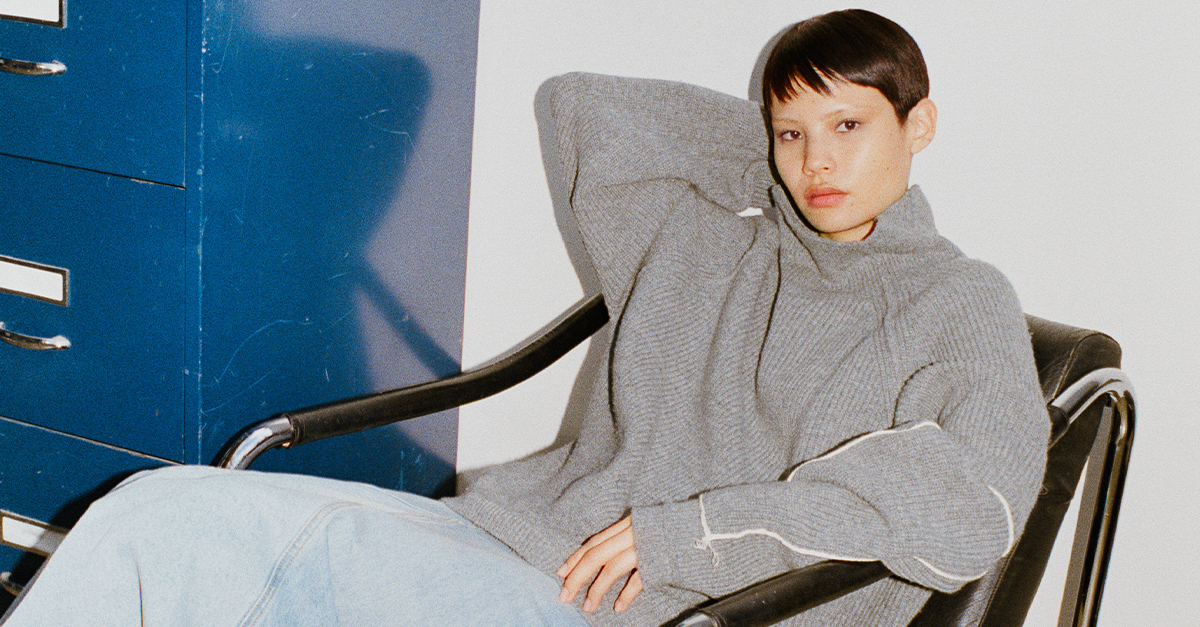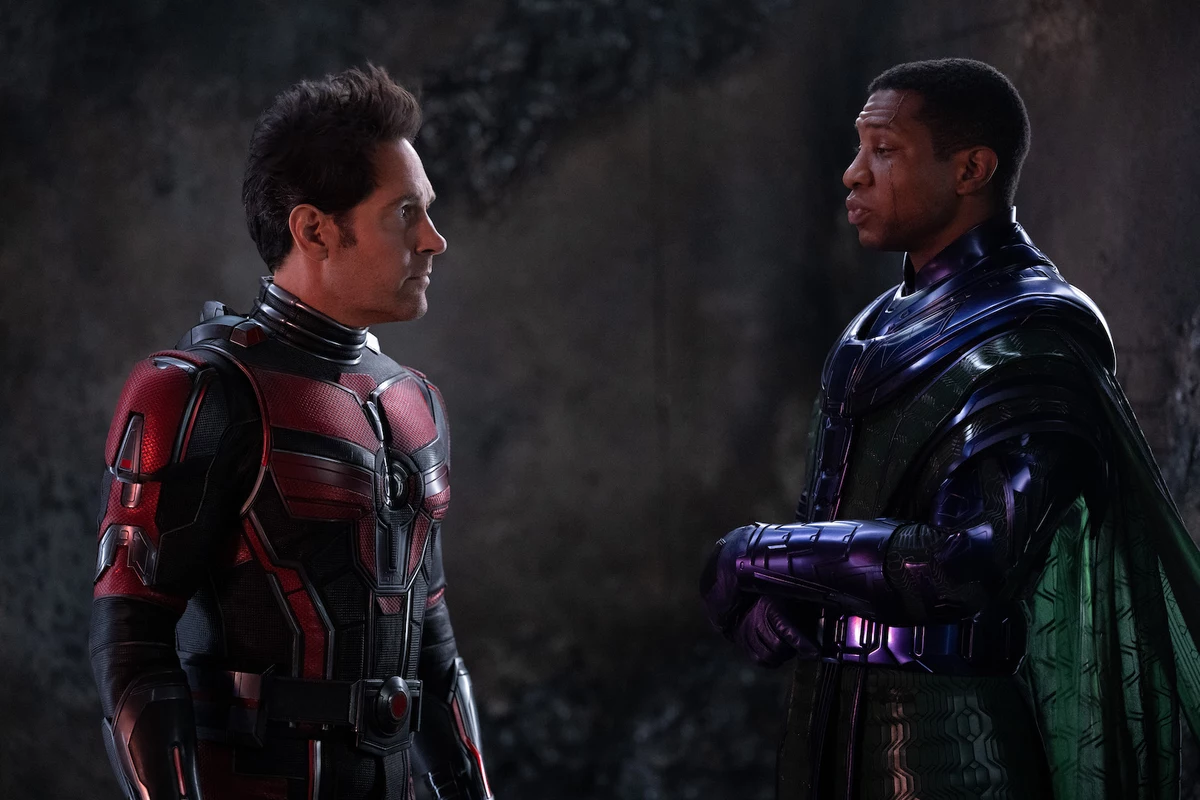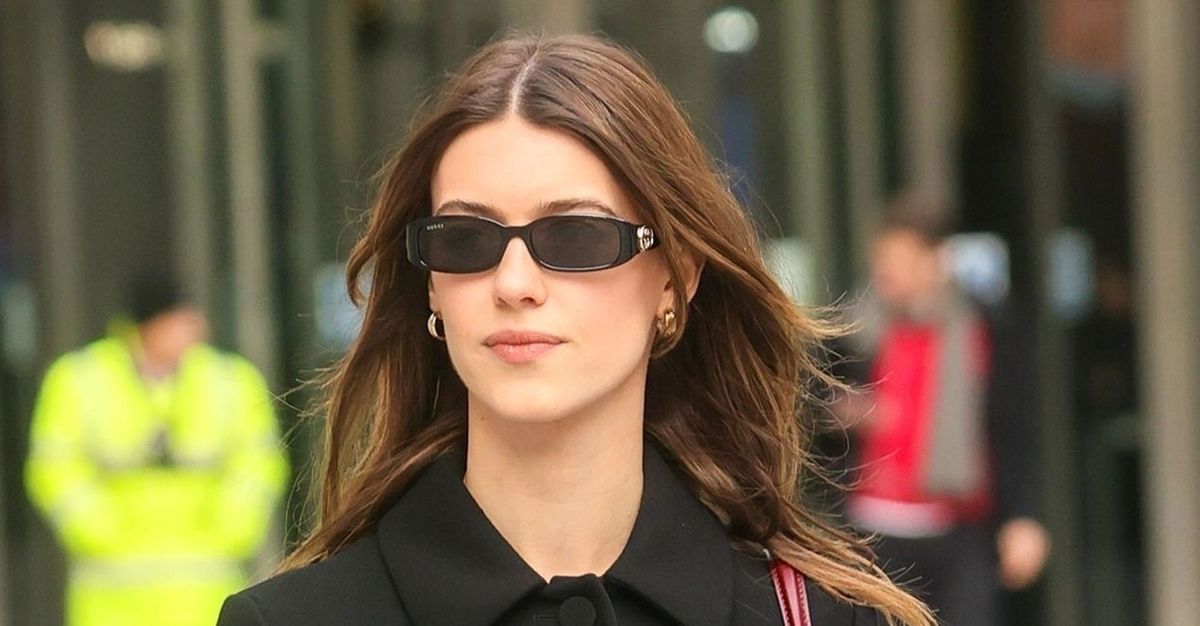Welcome back to DEAD Time. I hope you left a light on for me because this month I talked with the man who has earned the nickname the Godfather of the Paranormal. John Zaffis is a paranormal investigator, researcher, and author, and his aunt and uncle were Ed and Lorraine Warren. The Warrens were well-known paranormal investigators who investigated famous cases like the Perron Family, the true story behind the film The Conjuring, the Amityville case, and the Enfield Haunting.
John Zaffis began accompanying the Warrens on cases when he was young and has studied and investigated the paranormal for over fifty years. Under the Warrens guidance, he was particularly interested in studying demonology and has worked on numerous cases of possession and exorcism with prominent exorcists. In 2004, Zaffis opened the John Zaffis Museum of the Paranormal, where he displays hundreds of haunted and possessed items he has collected over the years, and the museum is still open today.
Zaffis was also the star of the Syfy series Haunted Collector from 2011 until 2013. Along with Rosemary Ellen Guiley, he is the co-author of the book Haunted by the Things You Love, a collection of stories behind the items featured in his museum. He is also the founder and director of Paranormal Research Society of New England (PRSNE), a team of paranormal investigators with over 40 years of experience.
Bloody Disgusting was excited to have the opportunity to talk with John Zaffis about studying the paranormal under his aunt and uncle, Ed and Lorraine Warren, his museum of the paranormal, and the stories behind some of the most haunted objects in his collection.

John Zaffis: When I was fifteen or sixteen years old, I started poking around and going to haunted places, like most kids do. Eventually, I started going with Ed and Lorraine on cases. They only lived about 20 minutes North and my mom and Ed were twins. So, she would make different food dishes and say, “Take them up to my brother,” and I’d jump in the car with them when I’d get up there and would go on different cases to check different things out. I was kind of lucky at a young age, but what really did it was, my grandmother lived with us, and for two nights in a row I kept seeing the figure of a black shadow form shaking its head back and forth. I was telling my mom about it and she goes, “Well, Johnny, that was your grandfather.” I didn’t remember him; I was only four years old when he passed away. He would always shake his head back and forth; he was a very stern man. She was telling my brother about it, and he goes, “You really didn’t believe in this stuff?” I said, “Not really. Not until I experienced something that happened. Now I believe in it.”
BD: Can you tell me about why you decided to start studying Demonology?
JZ: I had the opportunity with the Warrens to be at several different clearings or exorcisms or deliverances. What I mean by that is being around ministers, Rabbis, priests, shamans, and Buddhists. It really piqued my interest that all of these organized belief systems believe in being able to help people and clear people if they do have issues or things attached to them or could possess them. So, I started digging even deeper into it and studying how it evolved and how it came to be where we are at this time with the belief system that a person could actually be possessed.
BD: You started a museum in 2004 to display haunted and possessed items. What do you consider to be your most haunted or possessed item in the museum, and what is the story behind the item?
JZ: I sent you a picture of one of the stories I like about a little statue of an Indian person. It wreaked a lot of havoc with a young lady. She picked it up at a yard sale; she liked it, brought it home, and put it up on the dresser. She started having all kinds of problems and hearing drums. So, one of the things I will do is ask a person to take the item out and she did. She called me back the following morning and said she got pushed and shoved. I was fortunate to have a psychic and a priest at the house at that time, so we drove up there. I asked her, “Okay, where is the Indian statue?” She said, “It’s out in the garage where you told me to put it.” So, I went out and I brought it back in and I said, “Why did you buy this ugly looking thing?” She said it was something she was attracted to, and she had to have it. Looking at it and evaluating it and finding out afterwards it’s been used in a lot of different types of ceremonies and rituals, and somehow it ended up going into a tax sale at a yard sale. It looked like it came from an altar.
BD: Can you tell me about founding the Paranormal Research Society of New England?
JZ: I formed PRSNE several years ago. We didn’t have what we have today. There are so many paranormal groups out there. It was to work with people and get people affiliated with understanding what being involved in the paranormal field was like and being able to help people. So, several years after founding it, quite a few people have ventured out on their own setting up paranormal groups and getting involved with helping people if they really have a supernatural problem in their homes. Today, I still am very active and very much involved with investigating, but a lot of my work ties in with dealing with paranormal groups, clergy, and spiritual people because they are always looking for help. A lot of times I can just help someone over the phone to determine whether they are dealing with something and being able to move forward by trying to resolve it.
BD: What do you feel is the biggest influence your aunt and uncle had on you?
JZ: To always witness something, and once you witness something, no one can tell you that you’re creating a story or you’re making something up. So, it was always important when you’re getting involved with an investigation and the person tells you, “Something is happening,” it’s good to be able to spend some time there, to witness something, and experience something. No one can take that away from you. You witnessed it, you’ve seen it, and that becomes part of your reality. We know it gets very sketchy with people talking about cases and people come up with some of the craziest, most bizarre things. But that’s one of the most critical things I walked away with that they taught me.
For more information on John Zaffis’ work and the Museum of the Paranormal, you can visit his website at https://www.johnzaffis.com/.

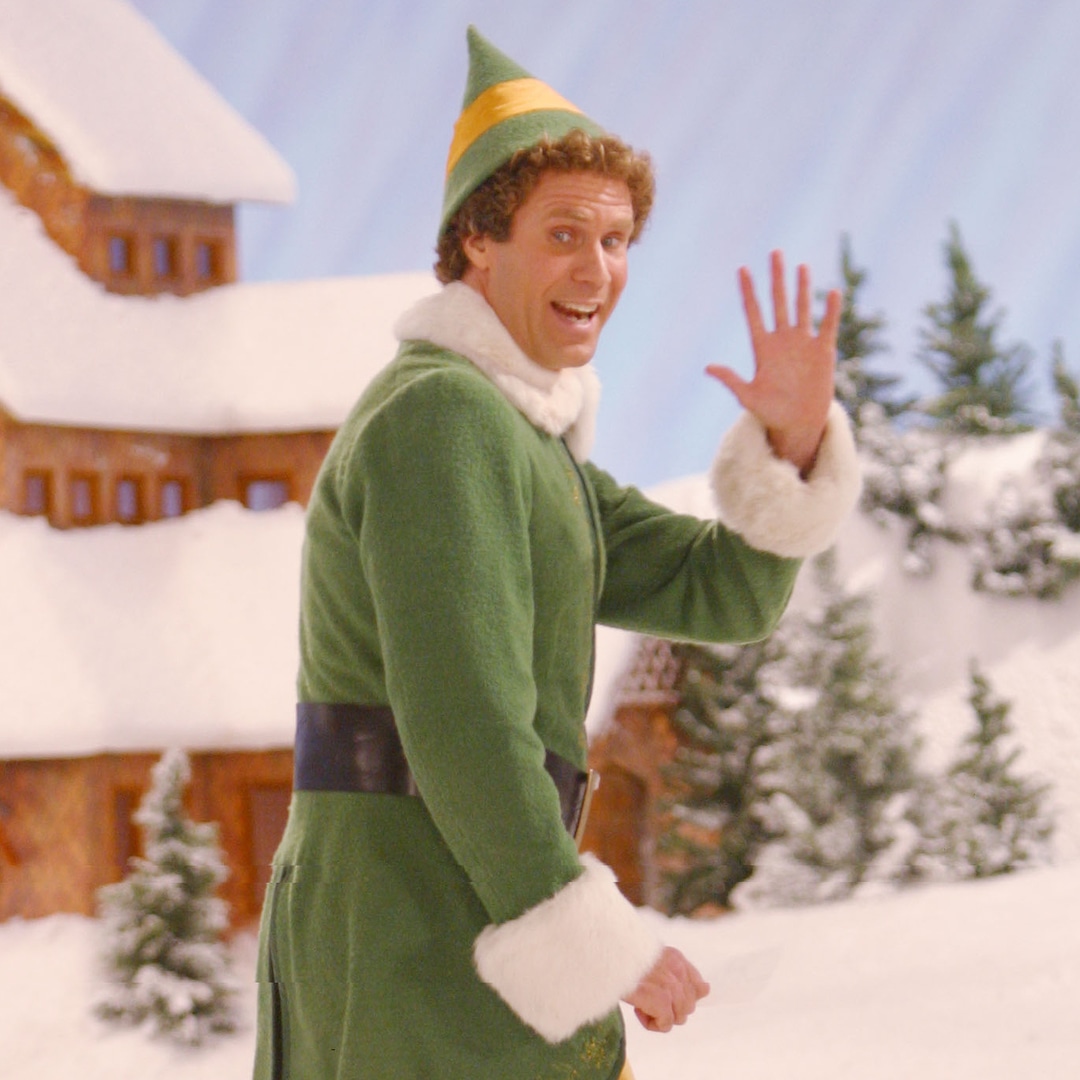







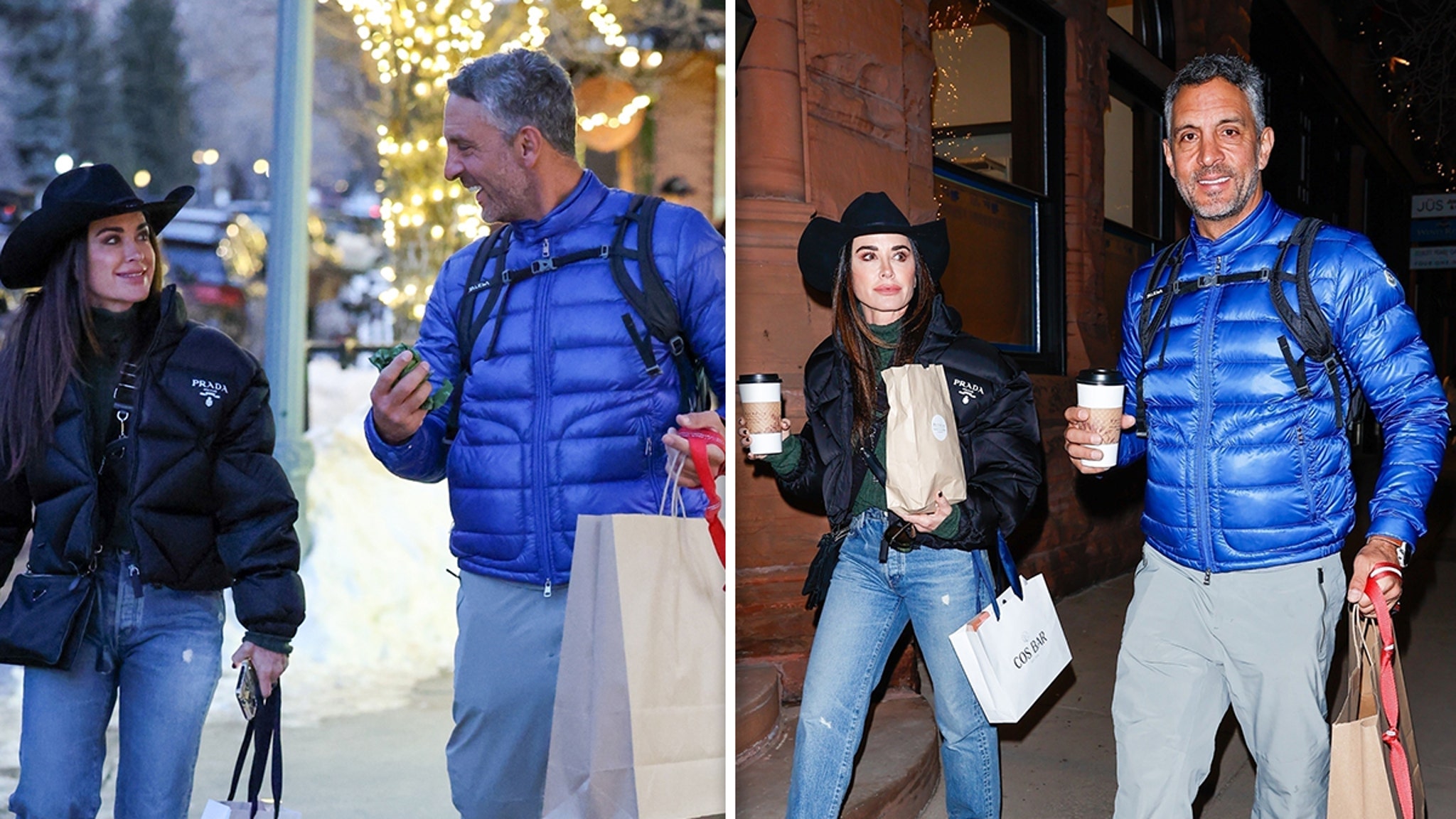









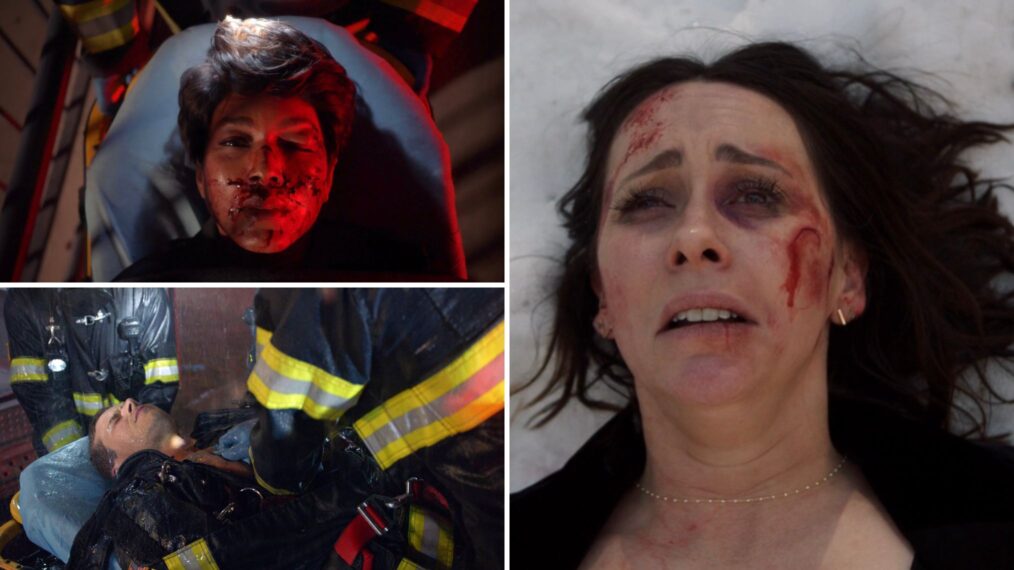


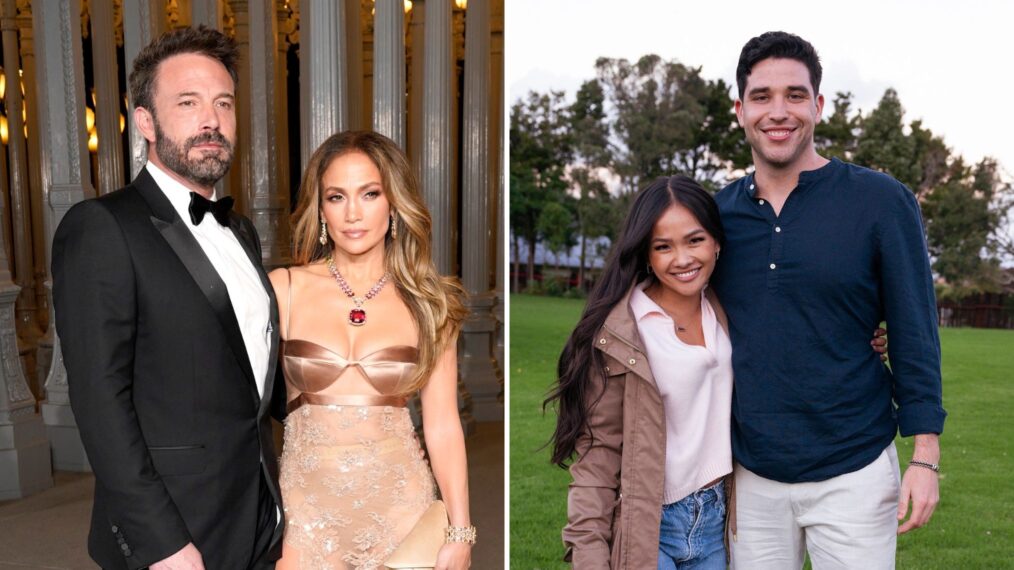


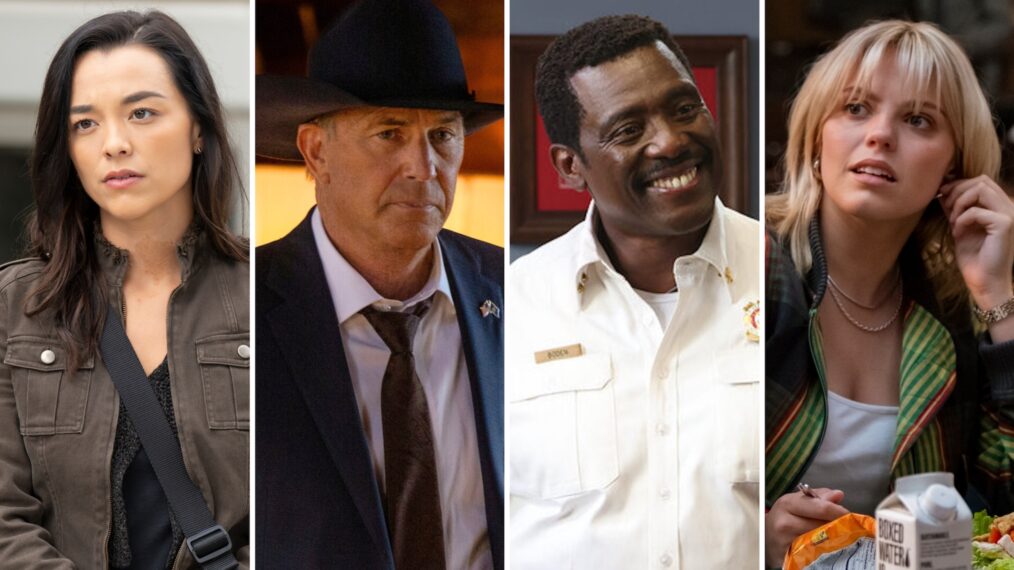












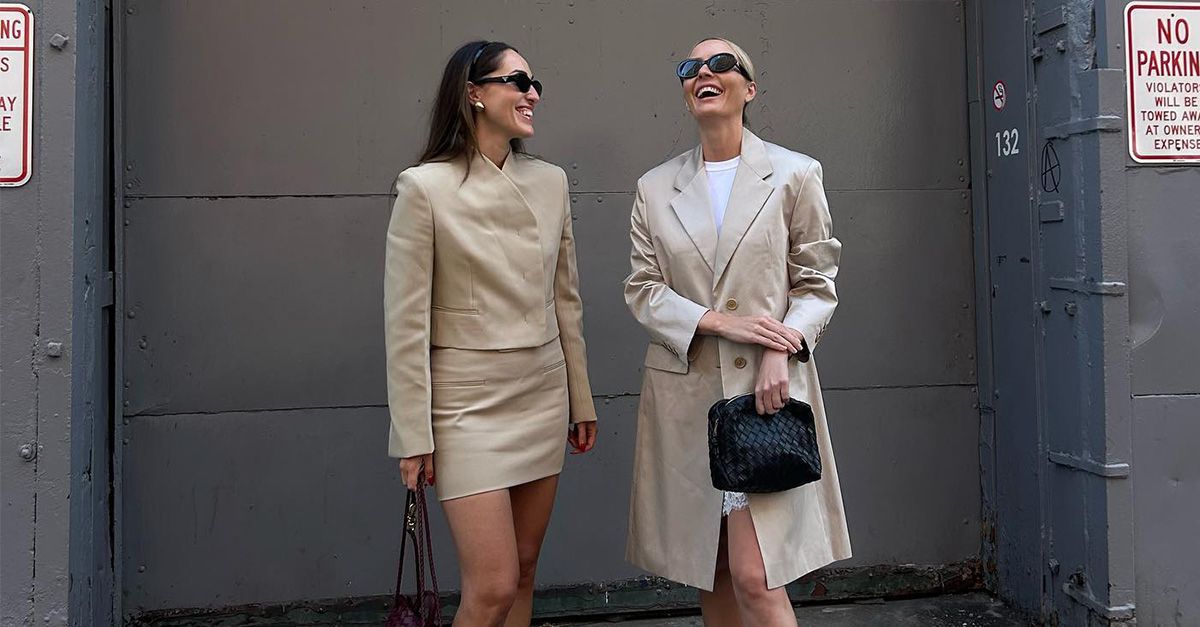
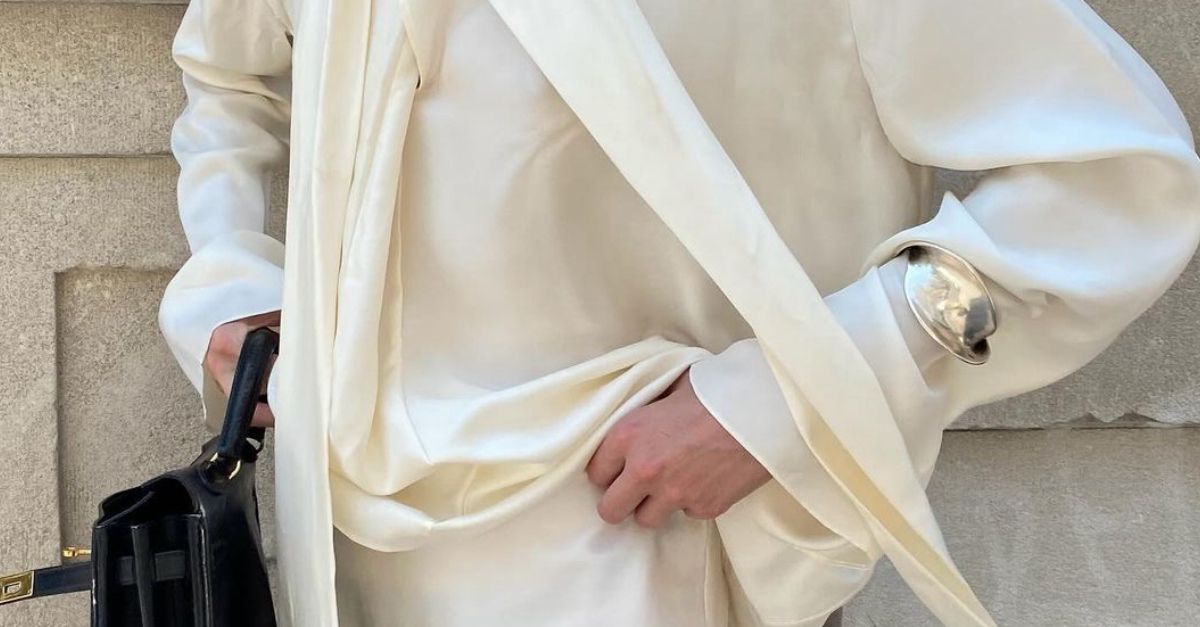
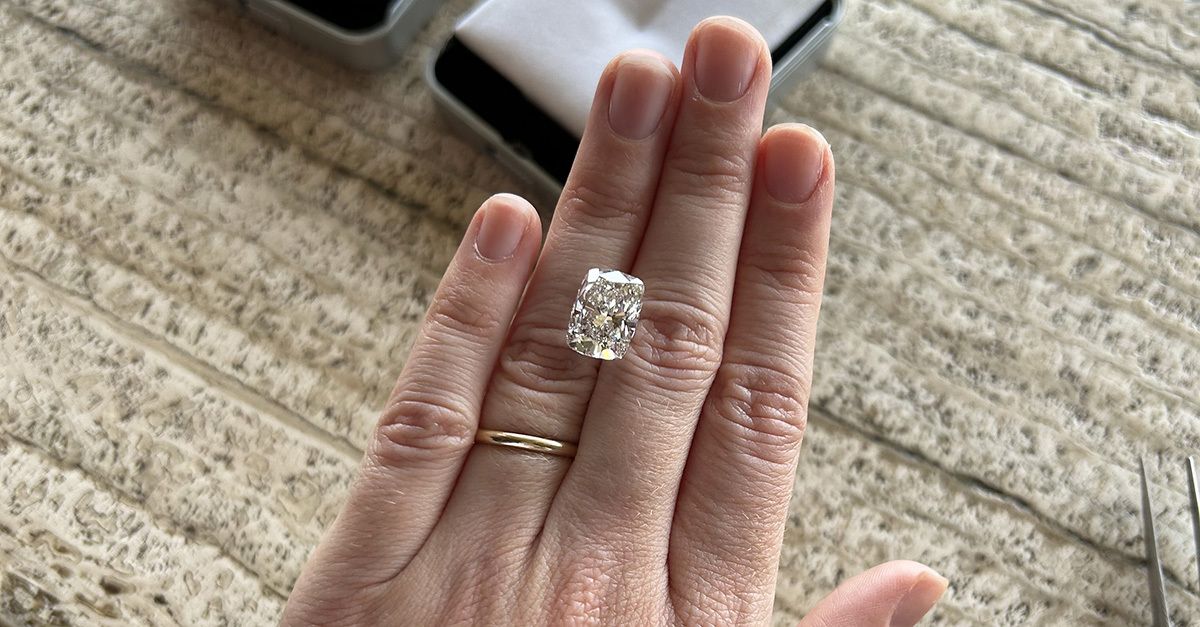
:quality(85):upscale()/2024/12/24/622/n/1922564/9eb50f2c676abd9f1647c5.05876809_.jpg)


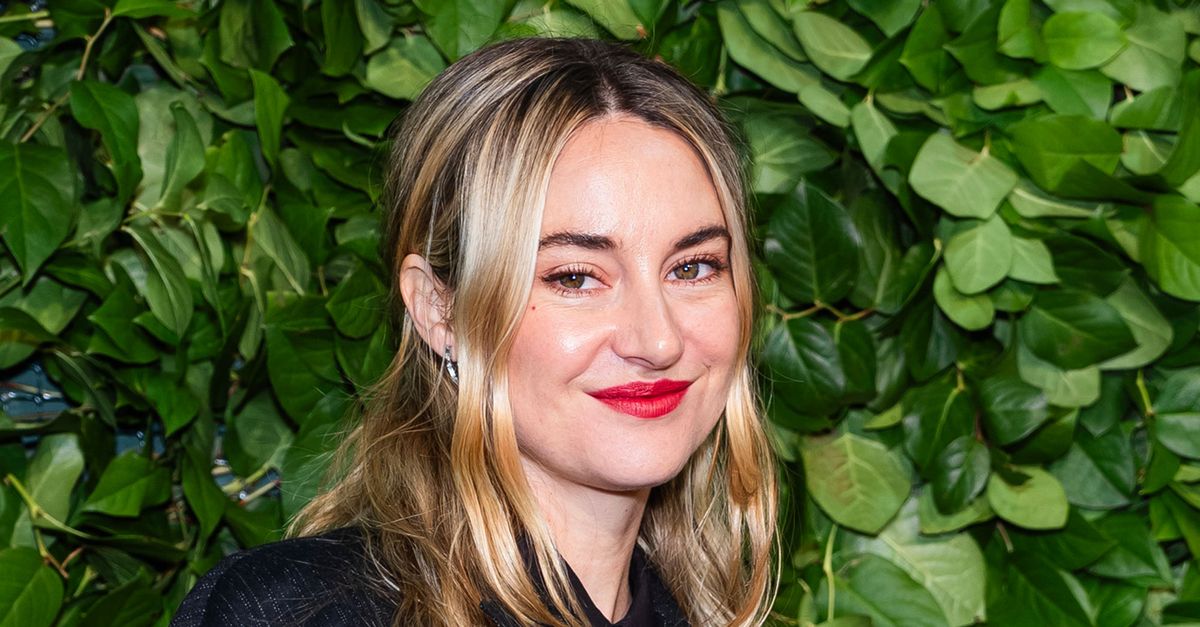


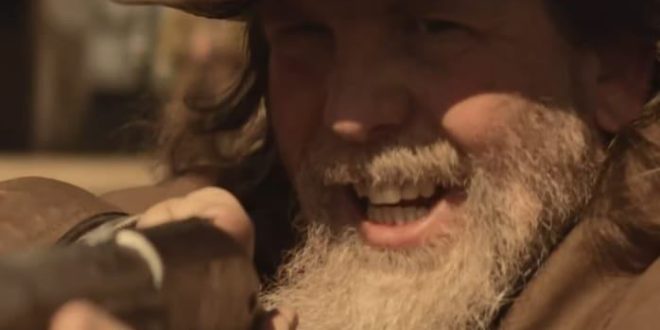













![John Zaffis Discusses His Museum of the Paranormal and Experiences With Ed and Lorraine Warren [Interview] John Zaffis Discusses His Museum of the Paranormal and Experiences With Ed and Lorraine Warren [Interview]](https://i0.wp.com/bloody-disgusting.com/wp-content/uploads/2024/12/John-Zaffis-2.jpg?resize=960%2C600&ssl=1)



